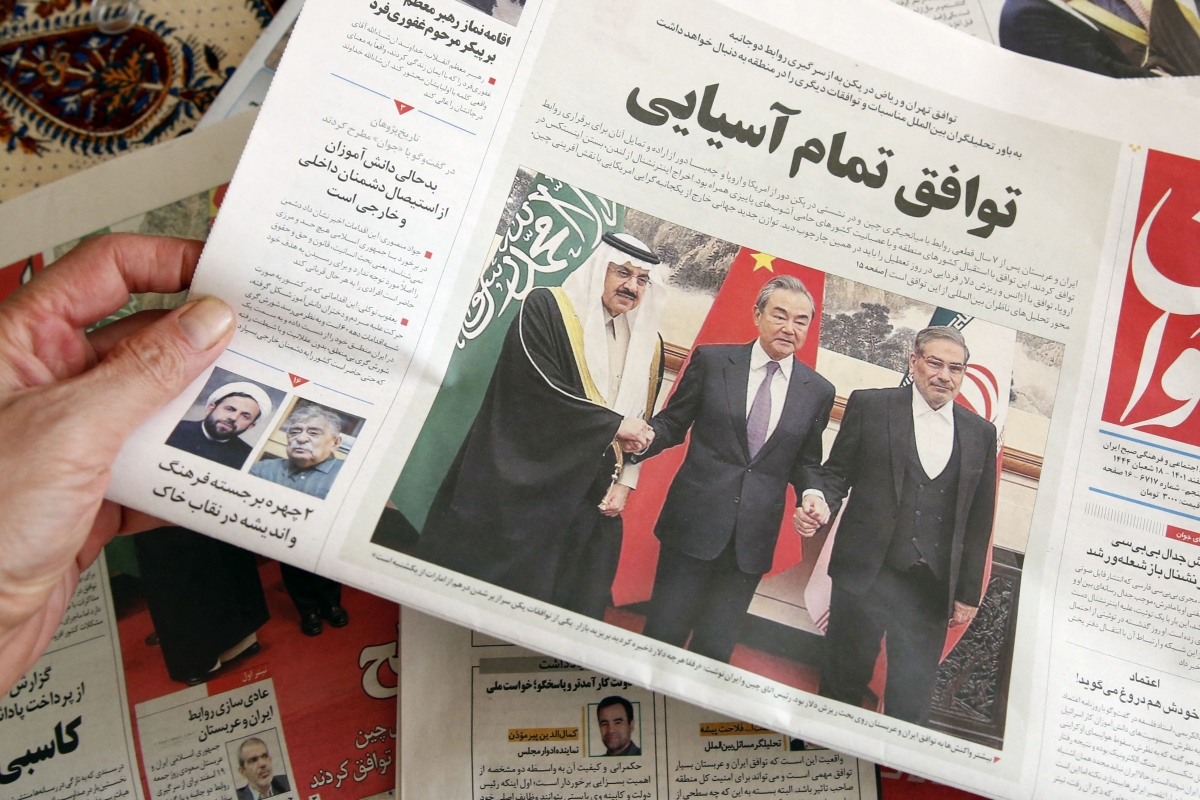China-Saudi Relationship is Evolving Beyond Oil to Help Reshape the Middle East
South China Morning Post

The following is an excerpt from an op-ed by Center for China Analysis (CCA) Schwarzman Fellow Taylah Bland and CCA Intern Rachel Horne originally published in South China Morning Post.
China helped broker a normalization of long-fraught relations between Saudi Arabia and Iran earlier this month, a deal that came after years of attempted overtures between the two Arab countries.
Beijing’s role in forging the agreement and its desire to strengthen relations with both Iran and Saudi Arabia shows Chinese President Xi Jinping’s changing calculus. China is looking to move the focus of relations past trade and towards strategic, long-term interests.
Last year’s China-Gulf Cooperation Council (GCC) summit in Riyadh was the highest-level diplomatic event between China and the Arab world since the founding of the People’s Republic.
At the event, Xi said China and GCC countries would work together on issues spanning finance, science and technology, aerospace, language, and culture. In response, Saudi Arabia’s Crown Prince Mohammed bin Salman — who chaired the summit on behalf of King Salman bin Abdulaziz Al Saud — praised Xi’s leadership of China, which he said has made “huge development achievements and become a major progressive force steering global governance.”
Historically, the China-Saudi relationship revolved around oil. In 2022, Saudi Arabia reclaimed its position as China’s largest oil supplier. In November, Saudi Arabia exported 1.77 million barrels per day to China, making the oil trade between the two worth US$55.5 billion.
In 2021, bilateral trade reached US$87.3 billion, with China’s crude oil imports accounting for US$43.9 billion of that sum. In the first two months of this year, Russia overtook Saudi Arabia as China’s largest oil supplier after sanctions that followed Russia’s invasion of Ukraine forced Moscow to lower its prices.
But Xi’s visit to Riyadh last year signals a new era in China-Saudi relations. The two countries agreed to enhance the comprehensive strategic partnership they established in 2016, moving past oil to cover green energy, communication technology, and infrastructure.
They agreed to deepen coordination across industries to further integrate China’s Belt and Road Initiative and Saudi Arabia’s Vision 2030. Saudi Arabia signed a memorandum of understanding with Huawei — a Chinese tech conglomerate which has become a target of U.S. sanctions — on building hi-tech facilities.

